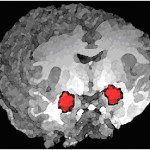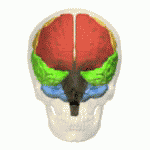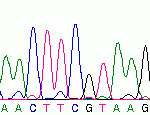
November 14, 2011. – A research team from Université Laval, led by Jean-Pierre Julien, has taken a new step in understanding the cellular mechanisms involved in Lou Gehrig’s disease, also known as amyotrophic lateral sclerosis (ALS). This disease is characterized by degeneration of neurons that control muscle activity. Continue reading









![Par Hendrike 11:08, 3 May 2006 (UTC) (Travail personnel) [GFDL (www.gnu.org/copyleft/fdl.html) ou CC-BY-SA-3.0 (www.creativecommons.org/licenses/by-sa/3.0/)], via Wikimedia Commons Par Hendrike 11:08, 3 May 2006 (UTC) (Travail personnel) [GFDL (www.gnu.org/copyleft/fdl.html) ou CC-BY-SA-3.0 (www.creativecommons.org/licenses/by-sa/3.0/)], via Wikimedia Commons](http://upload.wikimedia.org/wikipedia/commons/thumb/d/dc/Depression.jpg/100px-Depression.jpg?uselang=fr)




